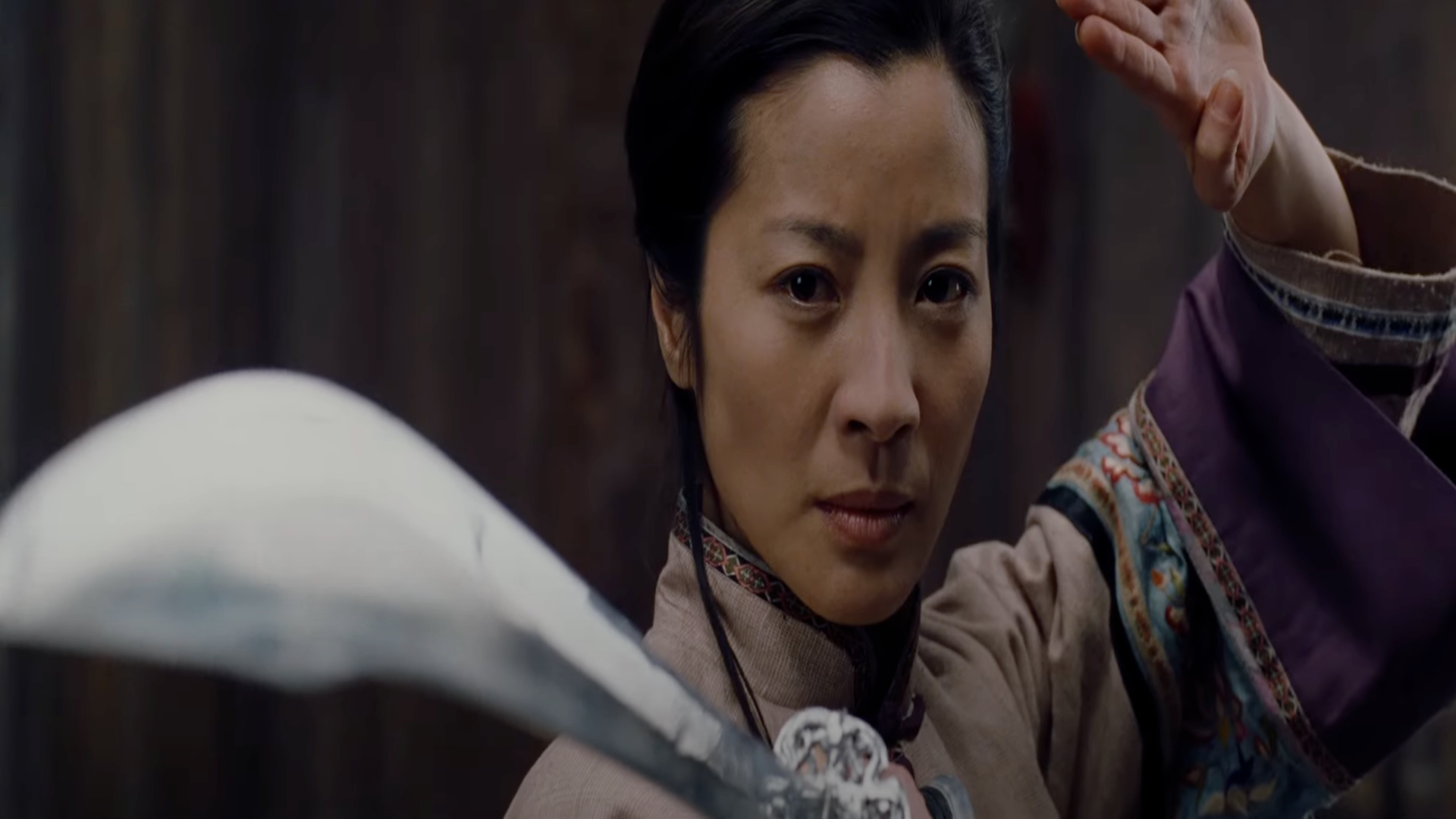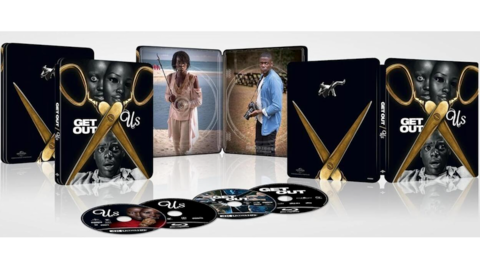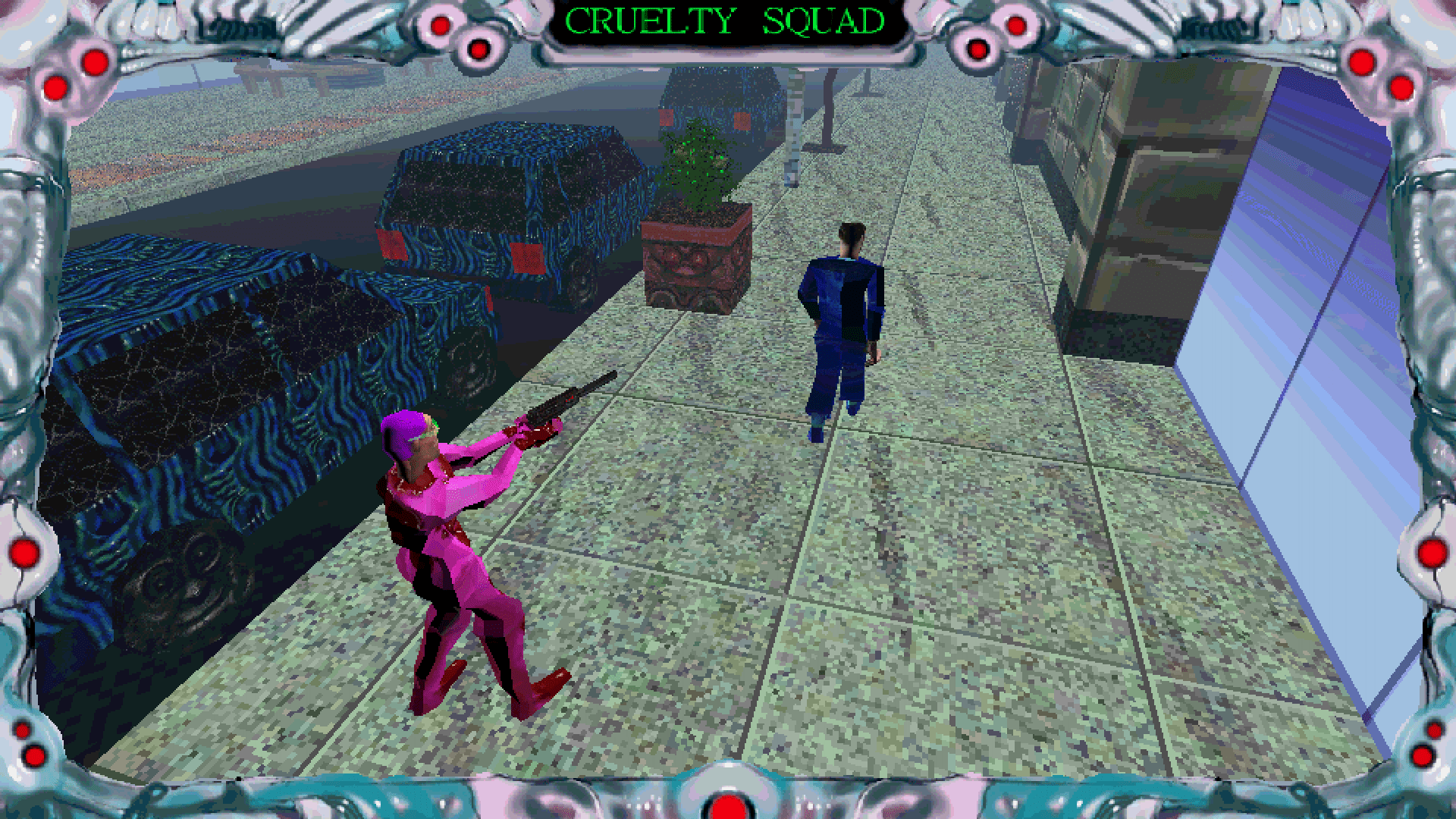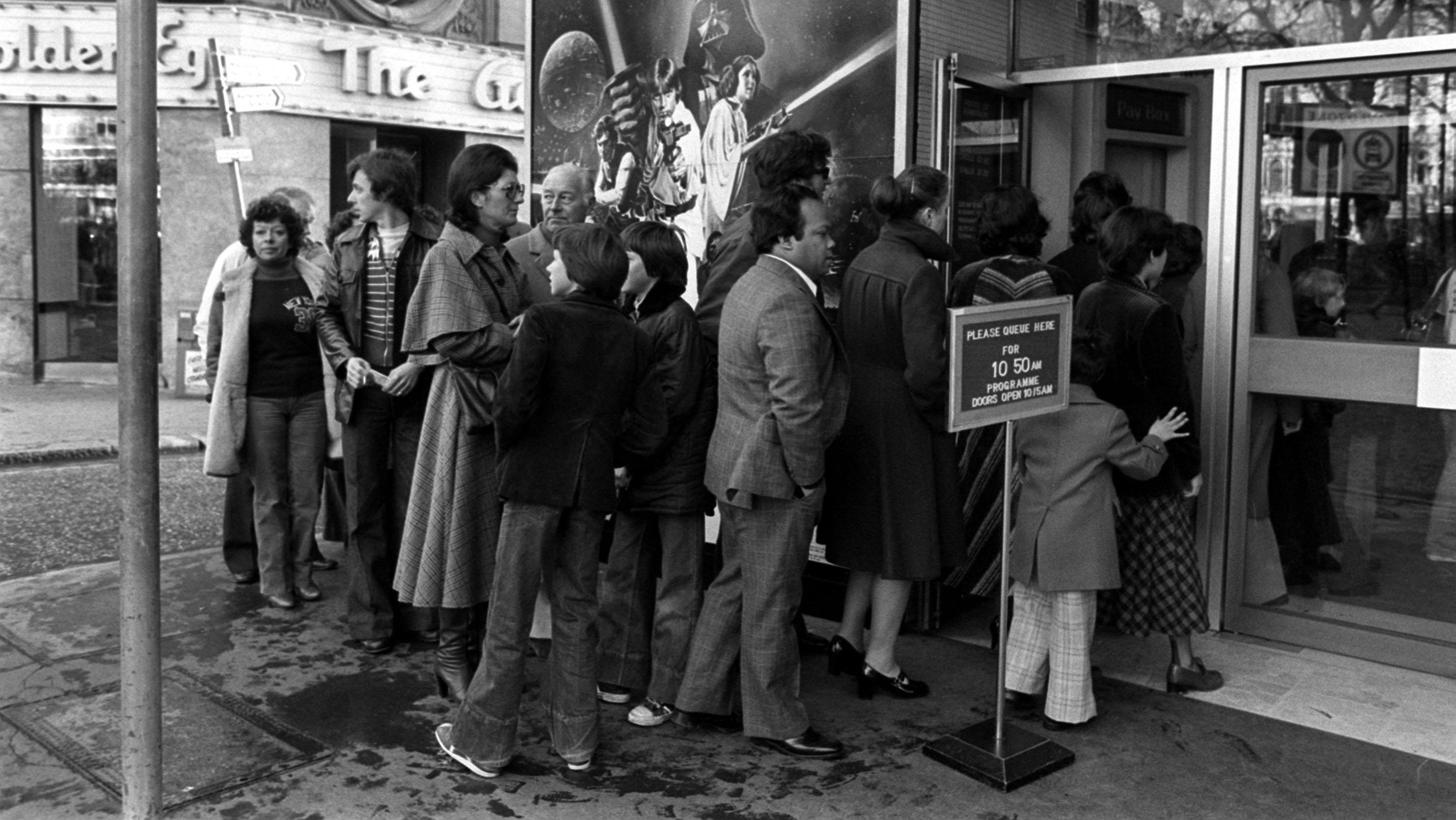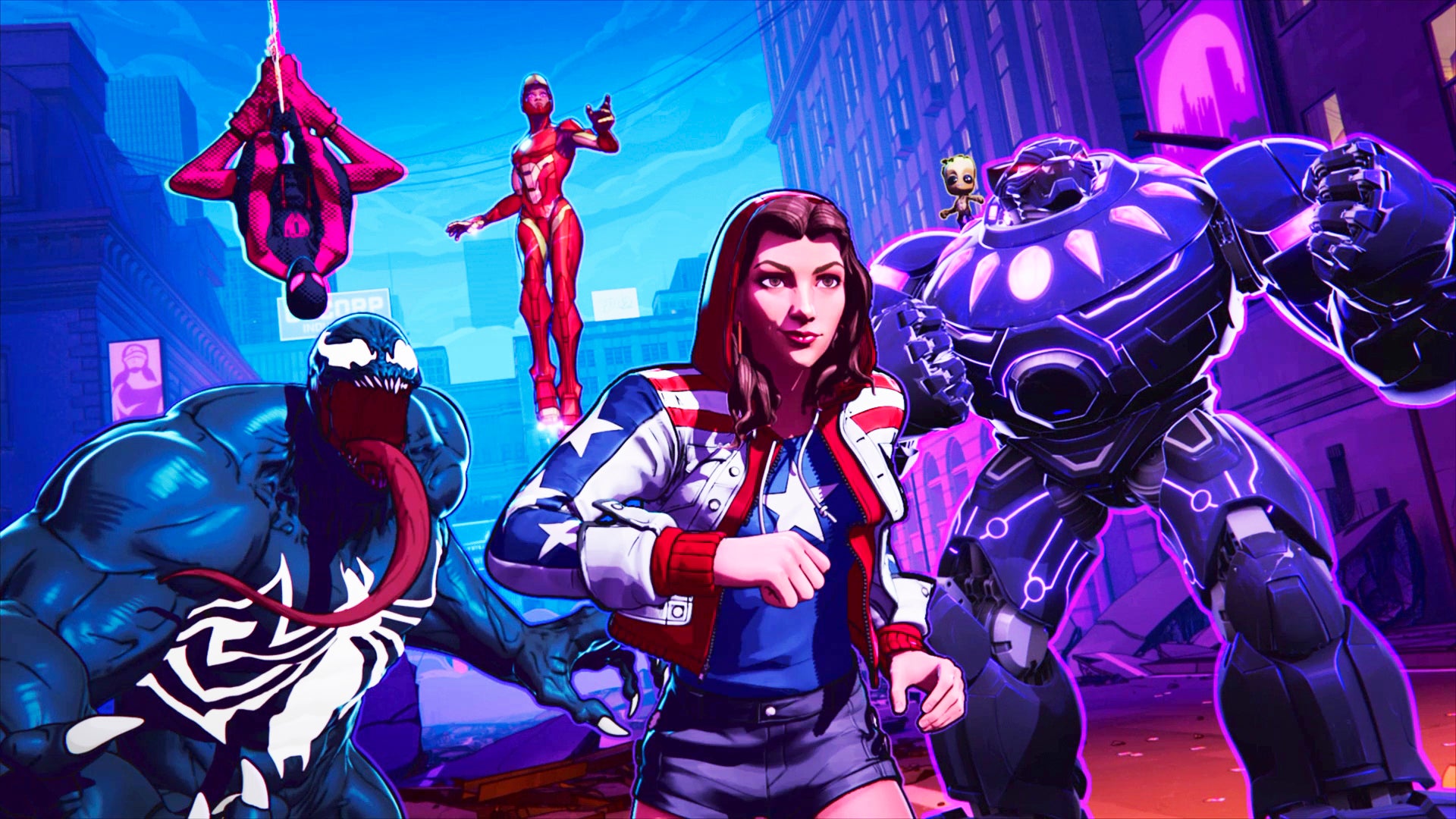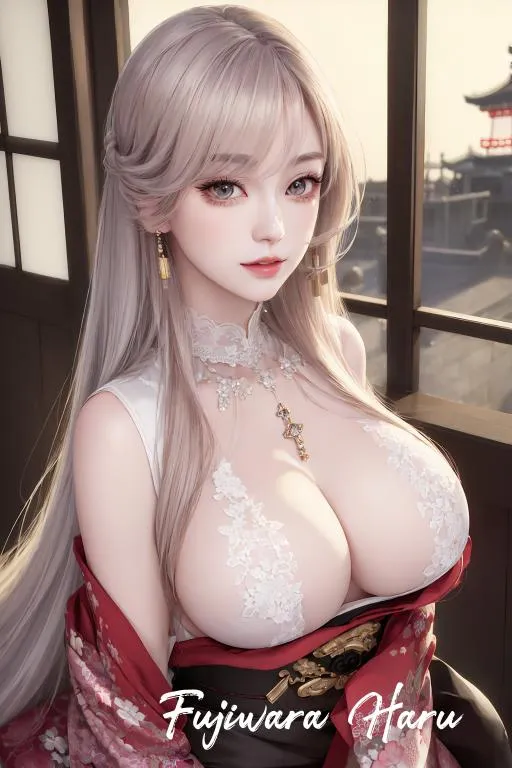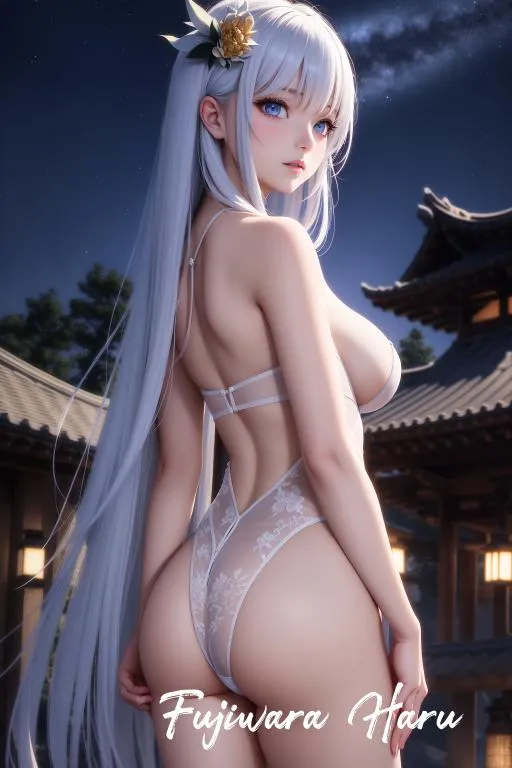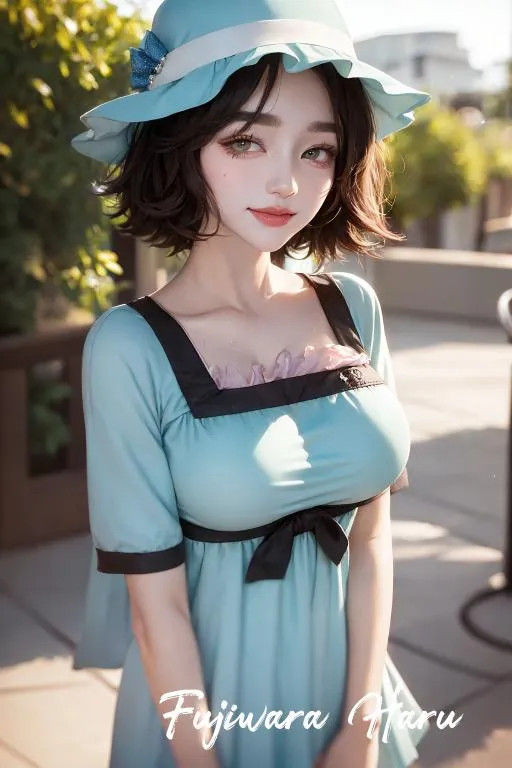
“For all the little boys and girls who look like me, watching tonight, this is the beacon of hope and possibilities. This is proof that… dreams do come true. And ladies, don’t let anybody tell you you are ever past your prime. Never give up.”
38 years after her first lead role, this is how Michelle Yeoh began her Best Actress Oscar acceptance speech for Everything Everywhere All At Once. A historic moment as Yeoh is the first Asian actress ever to win the award, as well as her first Oscar win.
Many considered her role in Everything Everywhere All at Once as a breakthrough for Yeoh, catapulting her into the upper echelons of Hollywood stardom and making her a household name — but in my household, the question of “Do you know Michelle Yeoh?” to my Chinese immigrant parents never created any confusion. “Oh yeah, from Crouching Tiger, Hidden Dragon!”

They are, of course, referring to Ang Lee’s 2000 wuxia epic, which Yeoh starred in alongside Chow Yun-Fat, Zhang Ziyi, and Chang Chen. 25 years ago, way before Everything Everywhere, the movie broke records to become the highest-grossing foreign-produced film in American history. Critically acclaimed and winner of numerous awards, Crouching Tiger, Hidden Dragon not only introduced the wuxia genre to western audiences, but also challenged the status quo of what was “successful” in Hollywood.
By the end the time the dust settled, Crouching Tiger won 4 Academy Awards and 2 Golden Globes, and proved that there was an audience in the US for a foreign language film in a wuxia genre (a fantastical, high-flying Chinese martial arts fiction genre with often supernatural elements) that was already a cornerstone of Chinese media and culture for over half a century. There’s no doubt that the success of the film sparked a change, paving the way for the success of following films like Hero and House of Flying Daggers, while its stars would go on to appear in Hollywood blockbusters like Pirates of the Caribbean and Rush Hour. But despite Crouching Tiger opening the door towards change, real progress has been slow. In a 2022 interview, when asked about Crouching Tiger’s groundbreaking success, Michelle Yeoh cut to the point: “It didn’t change things for us.”
Despite the numerous accolades, none of the actors were recognized, “Were we not participating? Are we invisible? It’s very interesting. And it’s happened again and again”, referencing a similar situation with Parasite in 2020 where the film was lavished with praise but none of its actors were nominated for top acting prizes.

25 years after Crouching Tiger, Yeoh’s point stands. Despite being cast in several Hollywood blockbusters, Chow Yun-Fat’s Captain Sao Feng is a villainous side character whose death serves to progress the character development of Kiera Knightley’s Elizabeth Swann in Pirates of the Caribbean: At World’s End, while Zhang Ziyi’s Hu Li is a “crazy-ass bitch” who blows herself up in Rush Hour 2. Combined with Yeoh’s own numerous roles as the token mother/grandmother/mentor figure, these types of stereotypical Asian roles were still the norm until 2018’s Crazy Rich Asians became the first majority Asian cast film since 1993’s The Joy Luck Club, 25 years ago. DespiteCrouching Tiger, Hidden Dragon seeming like it was ushering in a new era of Asian representation — and by all counts should have launched a meteoric rise of its stars’ careers — Michelle Yeoh wouldn’t win her first Oscar until 25 years later.
In a marginalized community that’s starving for recognition and representation, we feel an almost-familial sense of pride for those who’ve made it, and once word of such success spreads, the community really shows up in support and passion, regardless of any other context. All of a sudden, every Asian person I know wants to see a film, any film, because it has an Asian character who does more than just exist as a foil to another character, who doesn’t lean into old, tired stereotypes, that has AANHPI talent behind the camera who created something beautiful, or simply looks familiar to us.
My self-proclaimed “not-a-superhero-movie-fan” mother and all her friends went to see Shang-Chi in theaters with Mandarin subtitles. She could tell you where Nomadland director Chloé Zhao grew up, but she couldn’t tell you who the star of the film was - legendary, multi-award winning actress Frances McDormand. My entire family watched Crazy Rich Asians, and we even visited a couple of filming locations when we travelled to Singapore. These films spread like wildfire to the furthest reaches of the community because they make us feel seen — we understand the cultural context, we relate to the common struggles, and we share the experience of watching stories about our community unfold on screen, with those in our community. We grasp onto them with almost a desperate, protective fervor, because they’re so few and far between that every one of these experiences is a bridge between us and the rest of the world.

Though there’s still a long way to go and a lot of work to be done, it does feel like recent years have seen a significant increase in AANHPI representation in Hollywood, and studios are slowly starting to recognize the value of diversity in storytelling. From being pleasantly surprised at Park Seo-joon in the MCU’s The Marvels and Choi Soo-young in the John Wick spinoff Ballerina, to rejoicing in Manny Jacinto’s viral portrayal of Qimir in the Star Wars franchise’s own wuxia-inspired The Acolyte, there’s been more to celebrate in Hollywood than ever before as an Asian American. Rich storytelling comes from diversity - the lived experiences of people different from yourself, told by those who lived it, both in front of and behind the camera.
I look forward to a future where Dev Patel doesn’t have to make and fight for Monkey Man himself to be an action star, or Manny Jacinto collaborating with Filipino writers himself to ensure his career moves forward, and I didn’t have people tell me all the time that I looked like Lucy Liu growing up because she was the only prominent Asian actress at the time, even though we look nothing alike. As Michelle Yeoh said in that 2022 interview, “We don’t want to be unnoticed anymore. We’ve waited for such a long time, there are so many stories to be told. We want to see our faces on screen[.]” I hope it doesn’t take another 25 years.
Sarah Wang is a Senior Account Executive at IGN. She is an Adventure RPG and FPS enthusiast, passionate fangirl, foodie, and massive supporter of women's sports. She is also a huge nerd for Legos, puzzles, and boardgames.
